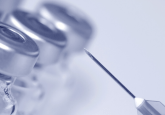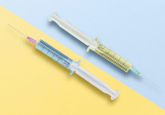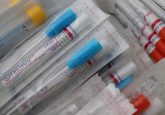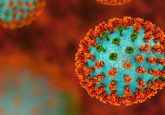COVID-19 antibodies detected by new adhesive bandage
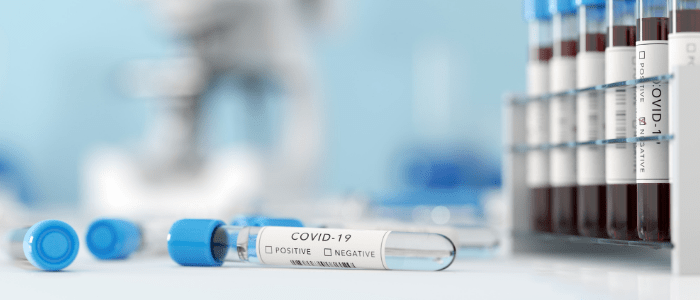
Researchers from NYU Abu Dhabi (Abu Dhabi, United Arab Emirates), have developed a new adhesive bandage that could rapidly test for COVID-19. The test utilizes gold nanoparticles to detect IgM and IgG antibodies in the bloodstream. These antibodies are produced as a result of the SARS-CoV-2 infection and act as biomarkers to identify infected individuals.
The bandage technology can be applied to a pinprick fingertip, comparable to regular wound-covering bandages. The bandage hosts gold nanoparticles, nanotechnology-engineered particles, with antigens attached to them that uniquely bind to antibodies to the SARS-CoV-2. This nanotechnology has high specificity and sensitivity for IgM and IgG antibodies and once detected causes a color change highlighting an individual’s infection status.
Muhammedin Deliorman (NYU Abu Dhabi), one of the first authors of the study, commented:
“This user-friendly test quickly and accurately identifies the presence of IgM and IgG antibodies to the SARS-CoV-2, providing users with critical information about their immune response to the infection. Moving forward, we will explore the potential of this technology in detecting and screening other emerging viral infections. We also plan to incorporate biodegradable porous microneedles into the bandage, enabling efficient finger pricking via in situ puncturing.”
Associate professor of mechanical engineering and bioengineering, Mohammad Qasaimeh (NYU Abu Dhabi), who led the research team concluded:
“Importantly, real-time screening of viral infection using tests like the invented adhesive bandage can play a crucial role in preventing future outbreaks and pandemics by enabling early detection. In the future, if the large-scale usage of such adhesive bandage tests is combined with smartphone readouts and dedicated mobile apps, it opens up possibilities for generating location-based heat maps by local governments and health authorities to allow for the early identification of infected individuals, including those who are asymptomatic. By promptly isolating and treating these individuals, the spread of the virus can be significantly reduced, preventing it from reaching a larger population.”
This new nanotechnology bandage holds promise for future large-scale screening programs as it is affordable, disposable and easy–to–use. It is hoped that the new bandage technology could be modified to detect other pathogenic infections to help monitor future pandemics.
Sources: Boumar I, Deliorman M, Sukumar P & Qasaimeh MA. Spike- and nucleocapsid-based gold colloid assay toward the development of an adhesive bandage for rapid SARS-CoV-2 immune response detection and screening. Microsyst. Nanoeng. 9(82), (2023). EurekAlert press release, www.eurekalert.org/news-releases/993152


